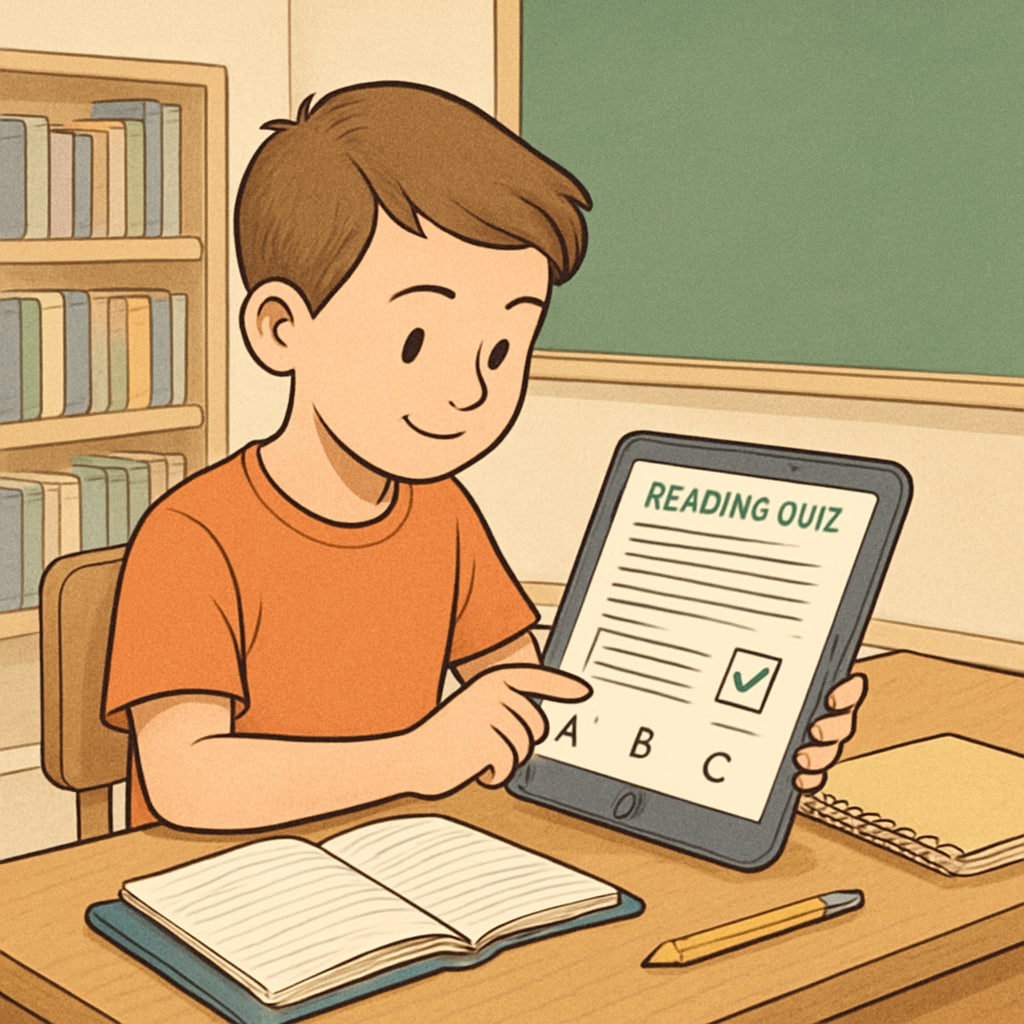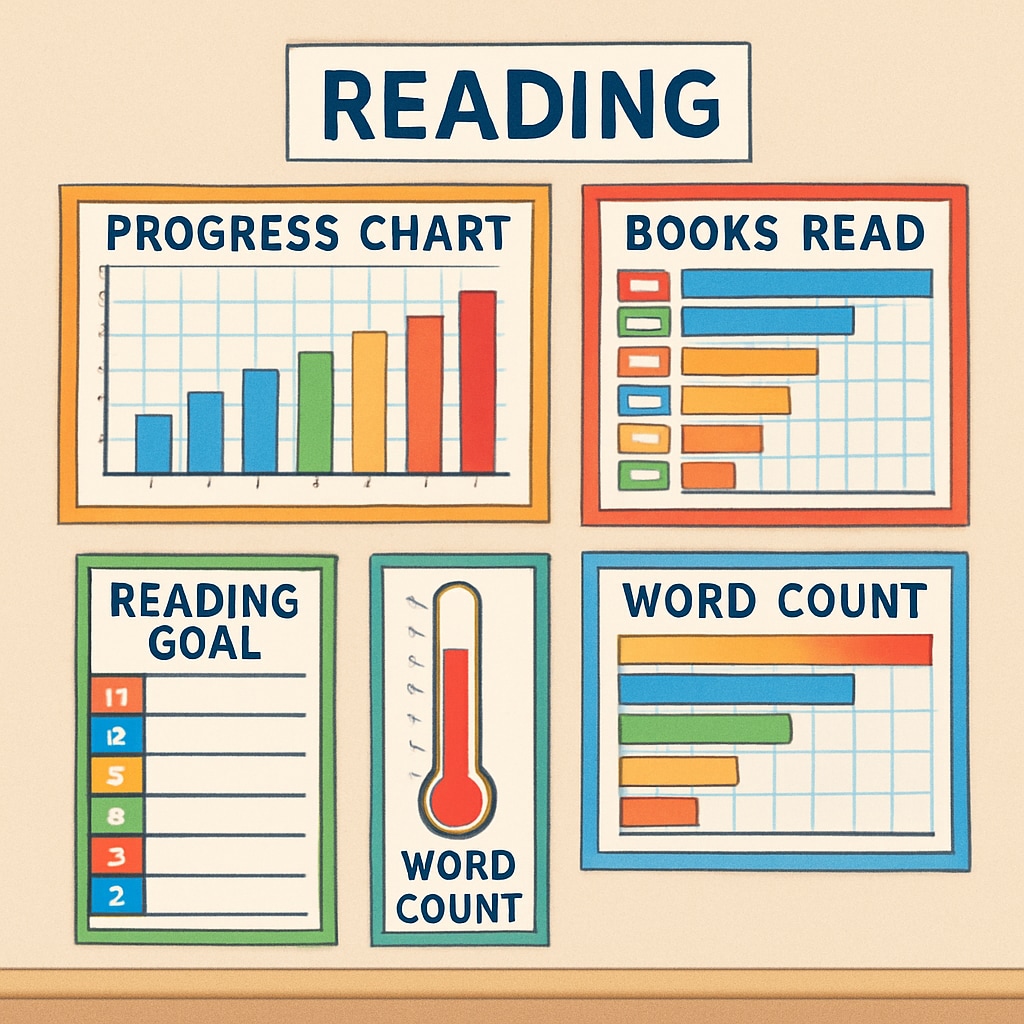Encouraging children to develop a love for reading is one of the most rewarding goals educators and parents can achieve. Tools like Accelerated Reader (A.R.) have long been trusted to support this goal, offering reading comprehension quizzes, an A.R. point system, and various reading incentives. However, A.R. systems can be costly, making it difficult for schools or families with limited budgets to access them. In this article, we’ll explore free alternatives that replicate the benefits of the A.R. system, focusing on improving reading comprehension, rewarding young readers, and igniting their passion for books.
Why Replace Accelerated Reader (A.R.) with Free Solutions?
The A.R. system has proven effective at combining reading comprehension quizzes with an engaging reward mechanism. Students earn points based on their performance in quizzes and are motivated to read more to accumulate rewards. Despite its strengths, the program’s subscription fees can be a barrier for many schools and families. For this reason, finding free or low-cost alternatives is essential for ensuring every child has equal access to reading tools.
Fortunately, various free platforms offer similar features, including interactive quizzes, progress tracking, and gamified learning experiences. These tools can enhance reading comprehension and sustain students’ interest in reading without requiring significant financial investment.

Top Free Tools to Replace the A.R. System
Below are some of the most effective free alternatives to the A.R. system. These tools allow educators and parents to create a dynamic reading environment tailored to students’ needs, all without incurring high costs:
- ReadTheory: This platform provides personalized reading comprehension quizzes for elementary students. Designed to adapt to each student’s reading level, ReadTheory tracks progress over time and helps build critical thinking skills. Discover more about ReadTheory.
- Epic! Books for Kids: Offering free access to a vast library of books, Epic! also includes comprehension quizzes and rewards to keep students motivated. While the platform has premium options, educators can access the core features for free. Learn more about Epic!.
- CommonLit: This free tool offers a diverse collection of texts accompanied by comprehension questions. It is particularly useful for teachers seeking to align reading materials with specific curriculums. Explore CommonLit here.
- Book Adventure: Aimed specifically at elementary students, Book Adventure provides quizzes on a wide range of books and allows learners to earn points for rewards.
Each of these tools offers unique features but shares the common goal of enhancing reading comprehension and fostering excitement about reading.
Building an Effective Reading Incentive System
While free tools can provide the foundation for reading comprehension assessments, creating a motivating environment requires more than just quizzes. Here are some tips for building an effective reading incentive system:
- Set Clear Goals: Define achievable reading milestones for students, such as completing a certain number of books or improving quiz scores.
- Create Rewards: Offer meaningful rewards that align with students’ interests, such as extra playtime, certificates, or small prizes.
- Encourage Peer Sharing: Organize “book talks” where students share their favorite books with classmates, fostering a sense of community.
- Track Progress: Use charts or digital dashboards to visually display students’ reading achievements.
By combining these strategies with free resources, educators and parents can create a structured yet flexible reading program that motivates students to excel.

Fostering a Lifelong Love for Reading
While comprehension quizzes and point systems are useful tools, the ultimate goal is to nurture a lifelong love of reading. Here are a few additional strategies to inspire young readers:
- Let Students Choose: Allow children to select books that align with their personal interests, ensuring they feel invested in their reading journey.
- Model Good Reading Habits: Encourage teachers and parents to read alongside students, demonstrating their enthusiasm for books.
- Incorporate Technology: Combine traditional books with digital formats, such as eBooks and audiobooks, to offer diverse reading experiences.
By focusing on these principles, educators and parents can create a positive reading culture that extends beyond the classroom.
In conclusion, free alternatives to the A.R. system can effectively enhance reading comprehension, provide engaging rewards, and motivate elementary students to explore the world of books. With tools like ReadTheory, Epic!, and CommonLit, combined with creative incentive strategies, educators and parents can cultivate a love of reading that lasts a lifetime.


